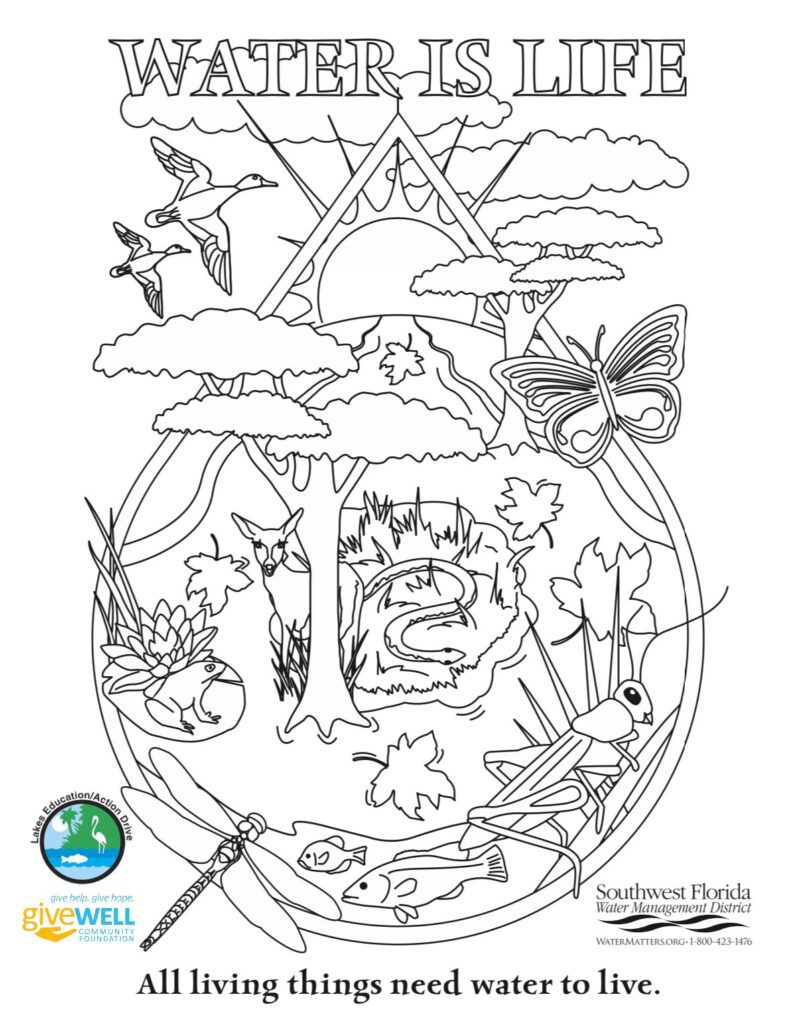Re-Blogged from the University of Florida, IFAS.
Everything Grows
Recently while singing Raffi’s, “Everything Grows” with my two boys, my oldest said, “no it doesn’t…fire hydrants don’t grow. Signs don’t, fences don’t, doors don’t…” Despite his snarky, yet funny observation, I reflected on the stanza, “food on the farm, fish in the sea, birds in the air, leaves on the tree. Everything grows, anyone knows, that’s how it goes.” Our gardens are one of the most powerful parts of our landscapes. Everything in our gardens grows – food, birds, plants, trees, and even ourselves.
In previous articles, we explored the power of gardening. Gardens we cultivate also cultivate physical, cognitive, emotional, social, and spiritual benefits. For our summer gardening article series, “In the Garden, We Grow,” we will explore all the ins-and-outs vegetable gardening, so we too may grow.
Starting at the Beginning
The most common gardens in Florida are in-ground, raised beds, or containers. Hydroponics and aquaponics exist too, but that is a bigger topic for a different day. Most homeowners find success with raised bed gardens or container gardens due to Florida’s sandy soils. To select a location for a garden, find an area that gives approximately 6-8 hours of sun, is near a water source, and is away from buildings and trees.
If it is your first-time gardening, start small. Containers are a great first step into gardening or an alternative for anyone living in an apartment, condo, or townhome. If you have the ability to build a raised bed, start with a three-by-three foot raised bed with a 12”-18” depth. Of course, feel free to build a garden bed that works best for you. If bending over is difficult, build taller beds. To reduce the amount of soil needed to fill taller beds, first fill the beds with large logs and then fill the remaining space with soil.
Soil
Like all gardening, our success starts with our soil. When starting a raised bed, a general recommendation is the 1:1:1 ratio of compost, peat moss, and vermiculite. A 3’x3’x18” vegetable bed requires 13.5 cubic feet of soil, which translates to 4.5 cubic feet of compost, peat moss, and vermiculite. Mix your soil well, put it into your raised bed, and you have a reliably strong foundation to start your garden!
Water
To water your vegetable garden, you may install micro-irrigation or you may water it by hand. Please water in the morning to allow any excess water on the leaves to dry throughout the day. This helps reduce water use and reduces the threat of fungal issues developing in your garden.
Pests
With any garden, pests can be a nuisance. Scout regularly, treat early, and rotate plants around your garden. Remove pests by hand, but if you have a prolific pest problem, try insecticidal soaps, neem oil, or Bt (Bacillus thuringiensis). These pesticides are generally considered safe and should manage most garden pests.
Fertilizer
To help with your vegetable garden, you can fertilize. Fertilize after you completed a soil test and right before planting. You may side-dress as your vegetables and fruits grow.
Planning our Gardens
Due to our warmer seasons, you can have a productive garden all year. As we continue our “In the Garden, We Grow” article series, we will explore the different plants, pests, and other fun gardening strategies. So, feel free to start your garden, explore, and experiment. Sometimes we try something in our gardens that does not work but that is ok. For as long as we continually try new things and share with our community, we grow too.
Posted: June 8, 2022
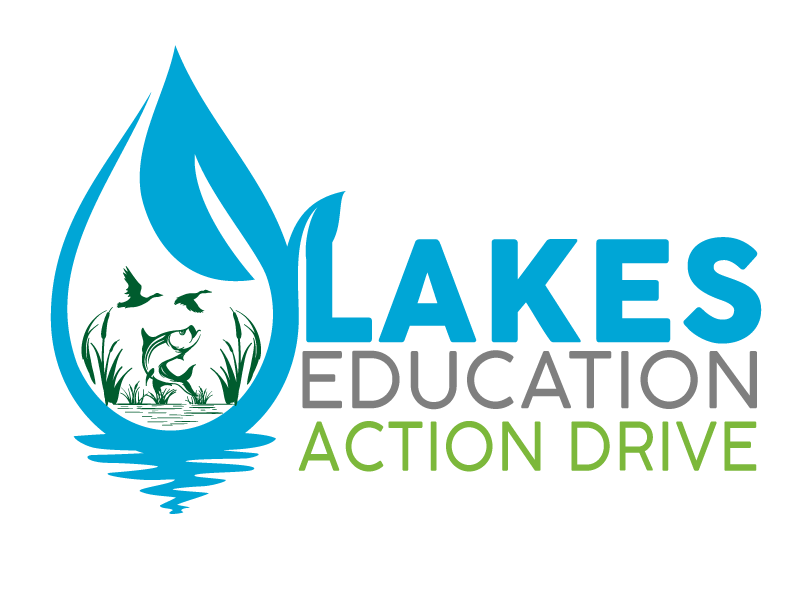
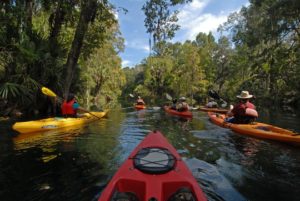
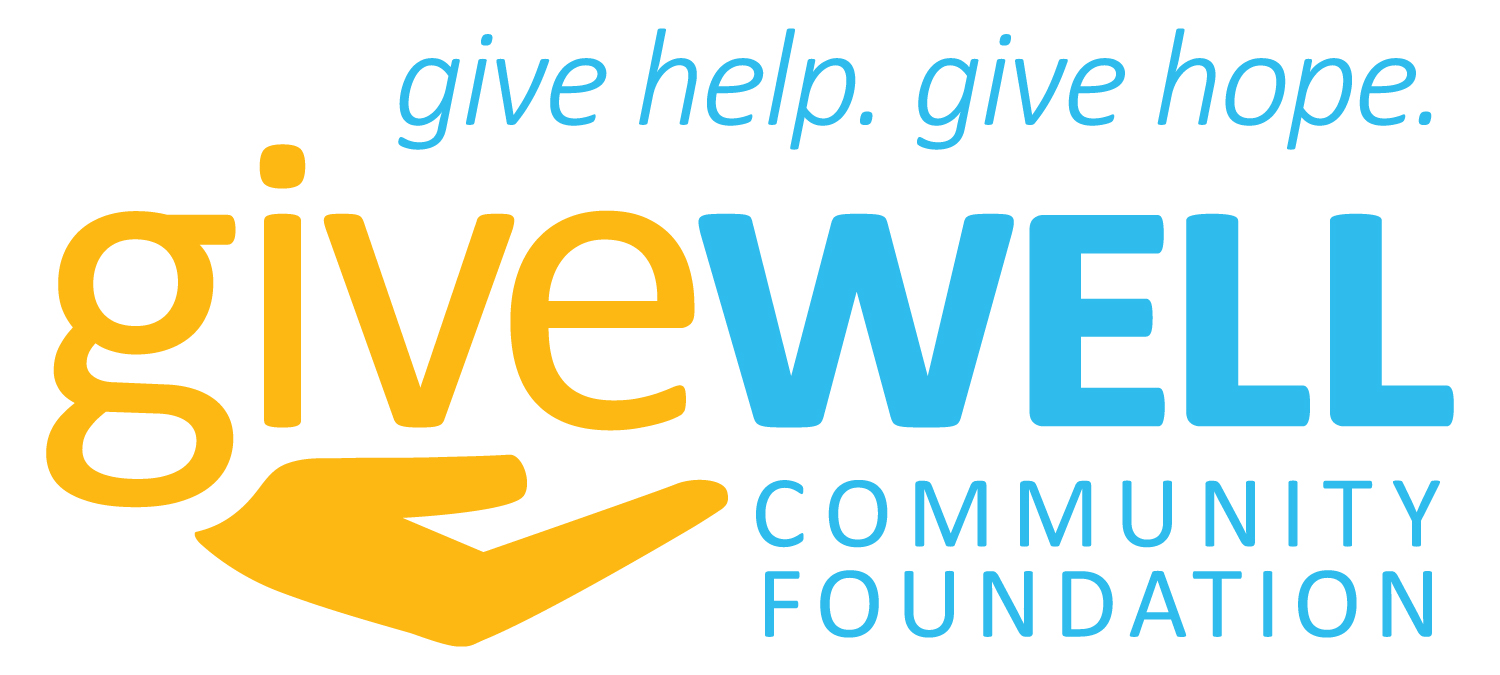 The GiveWell Community Foundation is a 501(c)(3) public charity serving Polk, Hardee, and Highlands counties in Central Florida. The Community Foundation holds more than 300 charitable funds established by individuals, families, organizations, and private foundations and serves a wide variety of charitable services.
The GiveWell Community Foundation is a 501(c)(3) public charity serving Polk, Hardee, and Highlands counties in Central Florida. The Community Foundation holds more than 300 charitable funds established by individuals, families, organizations, and private foundations and serves a wide variety of charitable services.